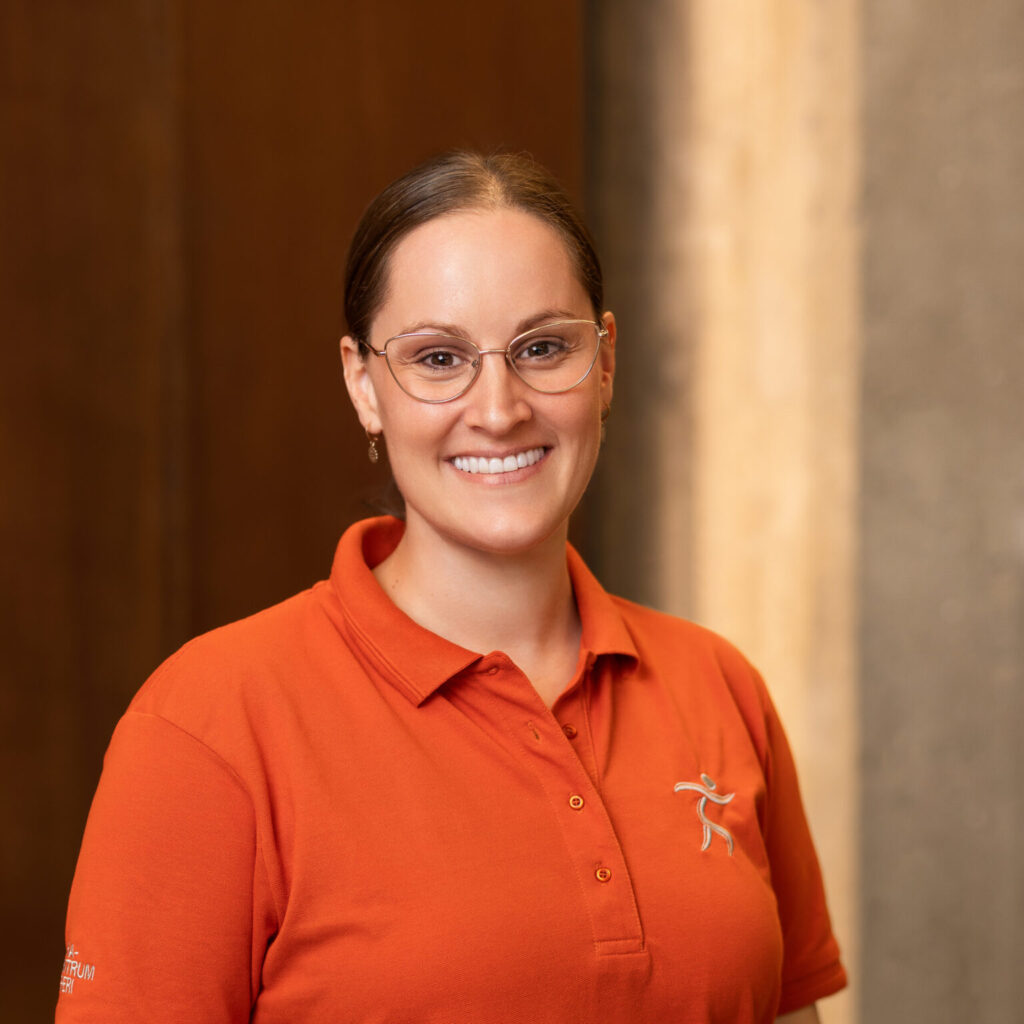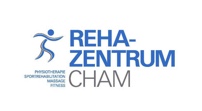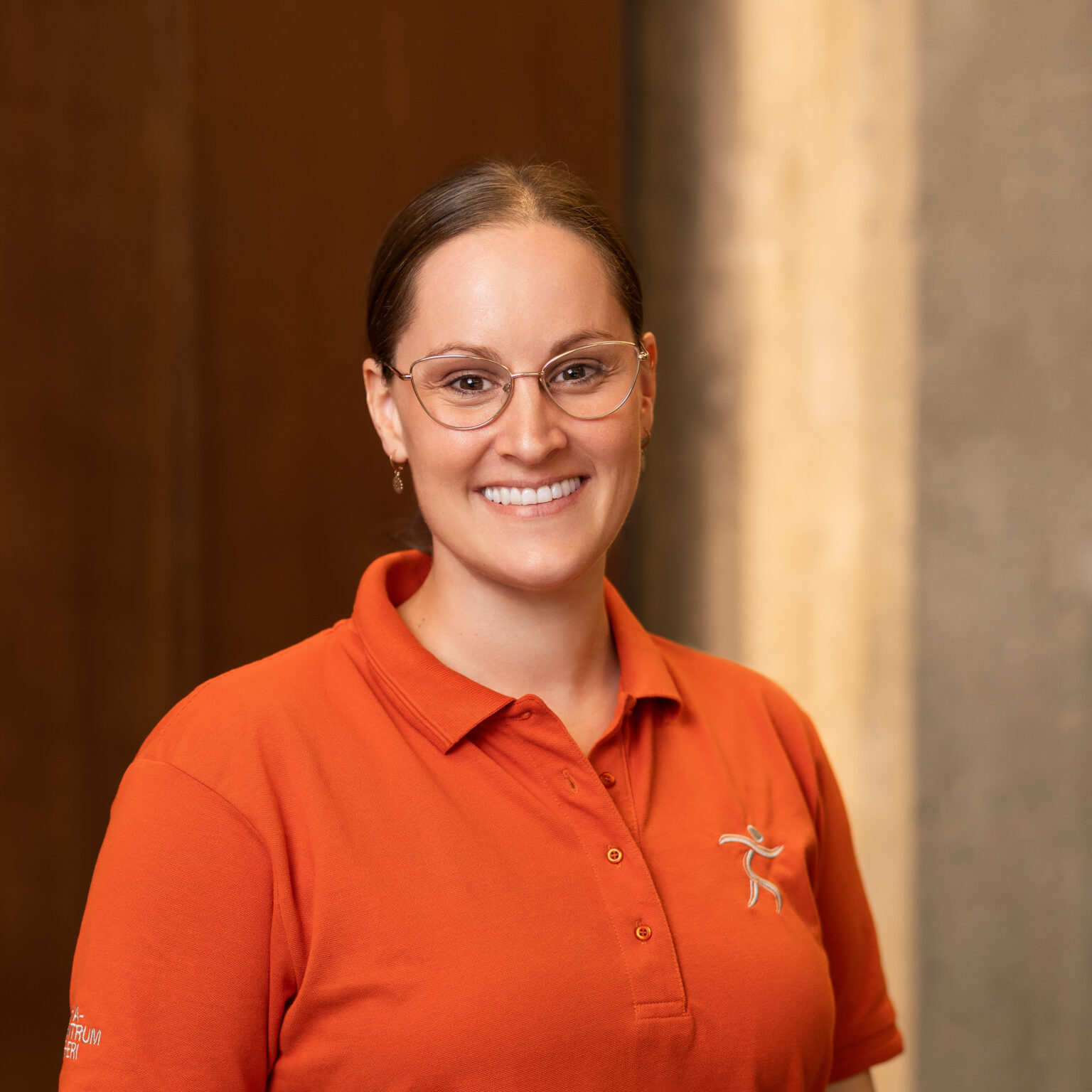What is pediatric physiotherapy?
Pediatric physiotherapy is a specialty of physiotherapy that requires specific further training after basic training.
Our specialized children's physiotherapist treats children in infancy up to the age of 16 with congenital (e.g. birth defects) or acquired disorders (e.g. illness, accident, consequences of primary illness).

Our children's physiotherapist: Jasmine Marti
- Since May 2019: Training in clubfoot treatment according to Ursula Issler-Wüthrich as part of the Zurich clubfoot concept, Zollikerberg
- 2019: Introduction to Assessment and Treatment of Newborns and Young Children, Bobath Center, London
- 2019: KISS: Head-joint-induced symmetry disorders, treatment of torticollis and skull deformities, the Medi-ABC, Nuremberg
- 2017: Neurological Developmental Therapy (NDT) according to Bobath, Bobath Center, London
- 2014: Musculoskeletal rehabilitation in children and adolescents - coordination and endurance, Zurich University of Applied Sciences, Winterthur
- 2014: K-Active Taping, Pediatrics, Aarau
- 2014: CAS (Certificate of Advanced Studies): Clinical Expertise in Pediatric Physiotherapy, Zurich University of Applied Sciences, Winterthur
Competencies
- Infantile cerebral palsy
- Traumatic brain injury
- Various syndromes, diseases
- Muscle diseases
- Motor development deficit or developmental abnormalities
- Coordination and perception disorders
- Asymmetries (e.g. with muscular torticollis and skull asymmetries)
- Bad posture
- Fractures, e.g. post-operative treatment
- Pain
- Club foot treatment according to Ursula Issler-Wüthrich as part of the Zurich club foot concept, in training since May 2019 (with Ursula Issler)
Goals in children's physiotherapy
- Enabling and promoting sensorimotor development
- Pain relief and reduction of acute symptoms
- Therapeutic advice and guidance for parents / caregivers, creation of home programs
- Advice on the adaptation and use of aids (e.g. wheelchairs, orthoses, corsets, standings, walkers, etc.)
- Prevention of secondary damage (which can be expected in the course of the disease)
- Interdisciplinary cooperation with doctors, occupational therapists, speech therapists, orthopedic technicians, schools, etc.
- Promote the greatest possible independence and quality of life
The goals are set together with the child and the respective caregivers.
costs
In the event of a doctor's prescription, the therapy costs will be covered by the health insurance or disability insurance. Registration as a self-payer (without a doctor's prescription) is also possible.
More information on pediatric physiotherapy: www.physiotherapia.paediatrica.ch


